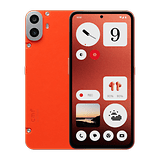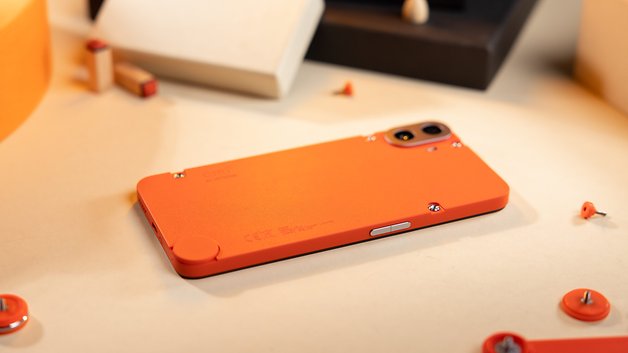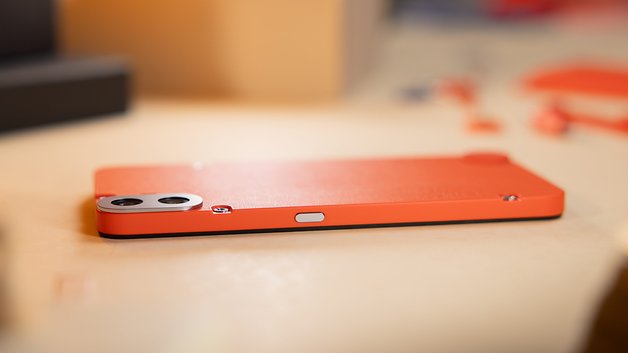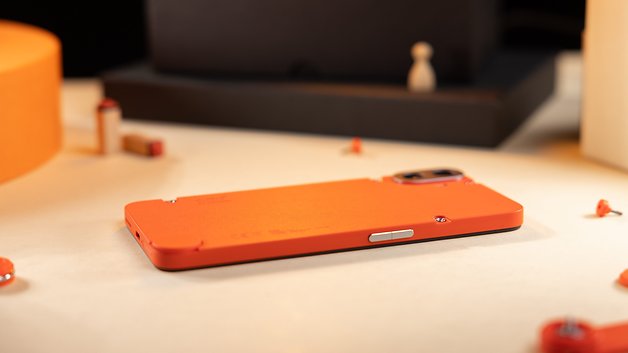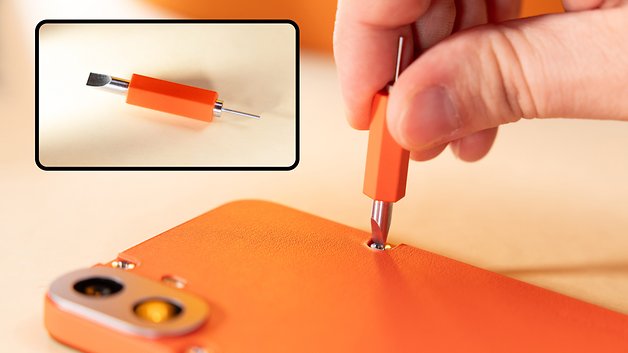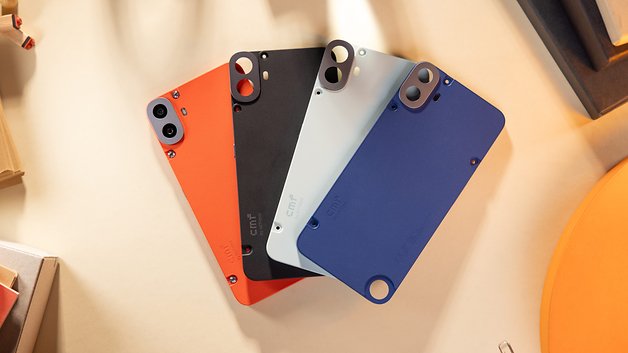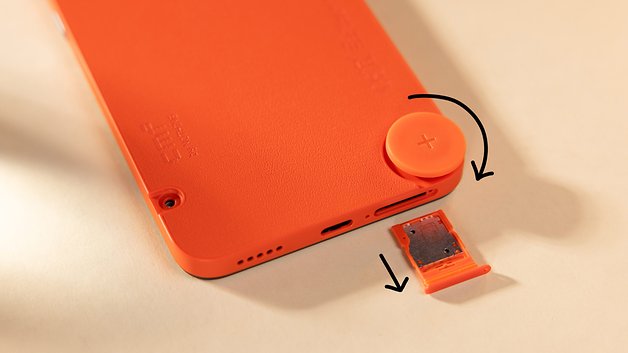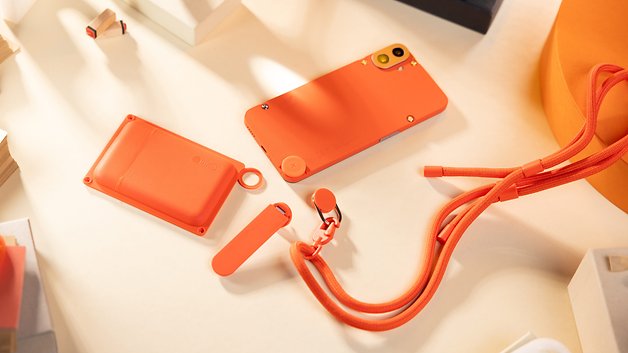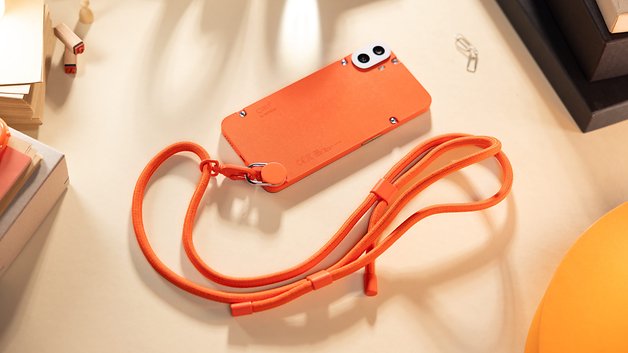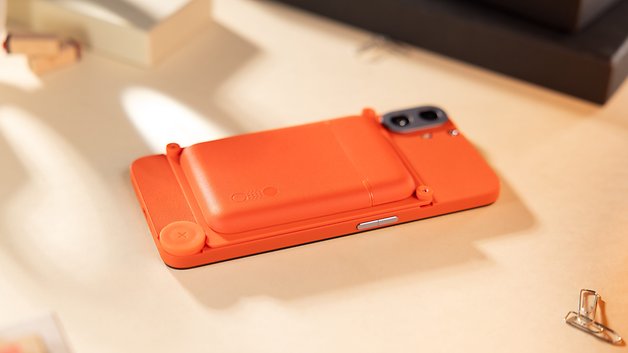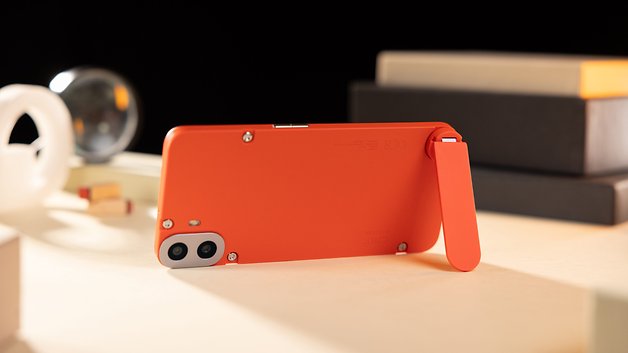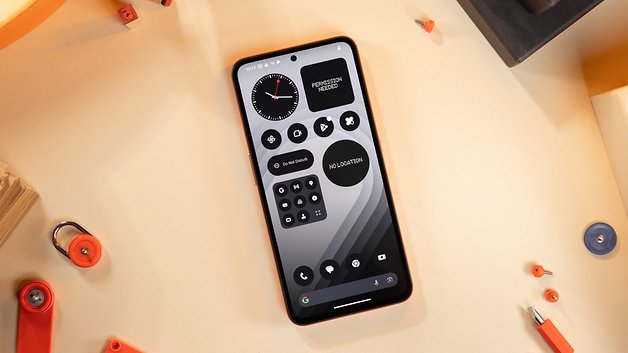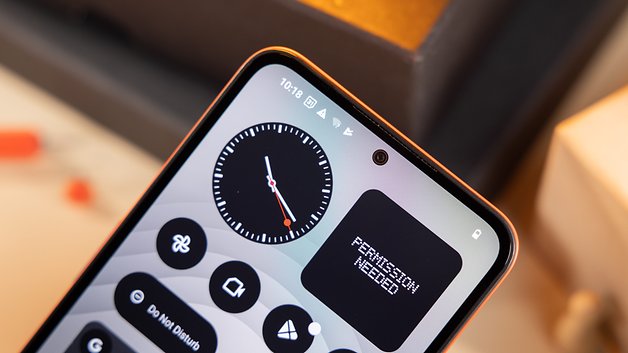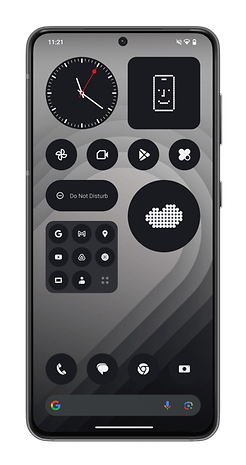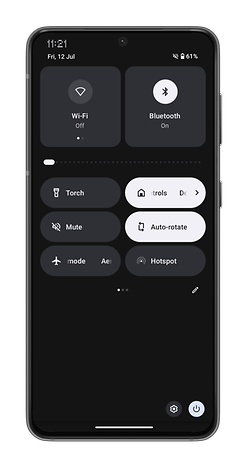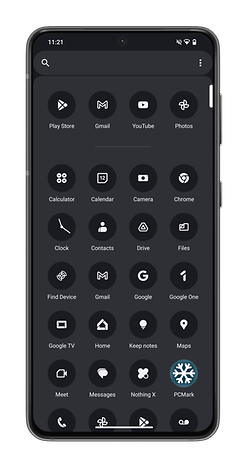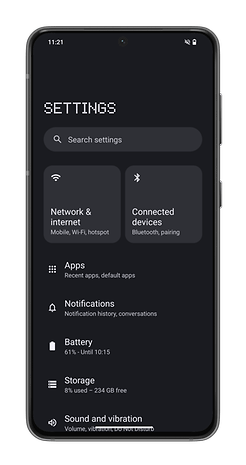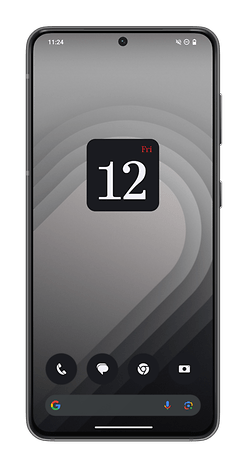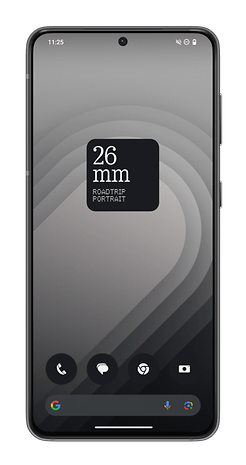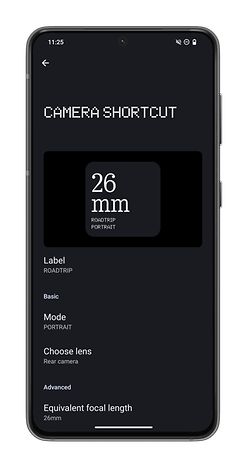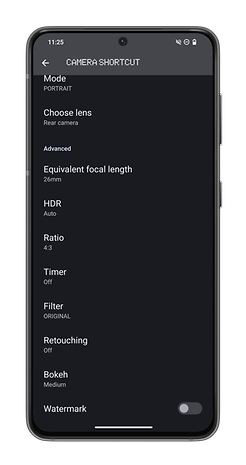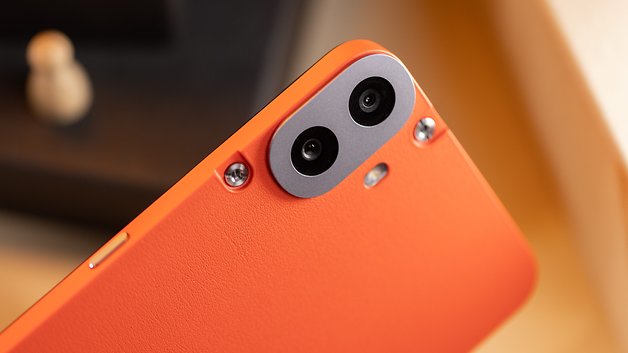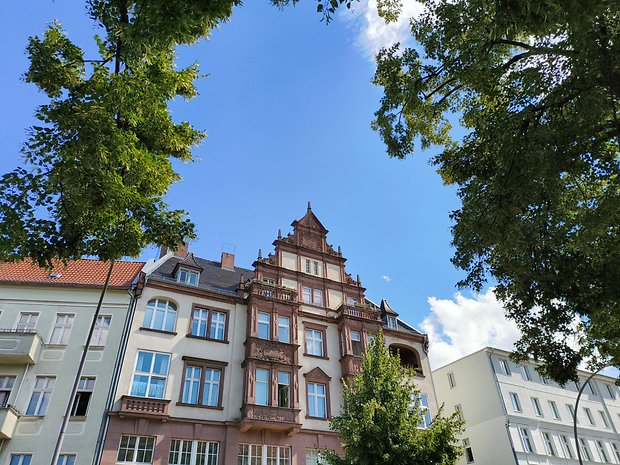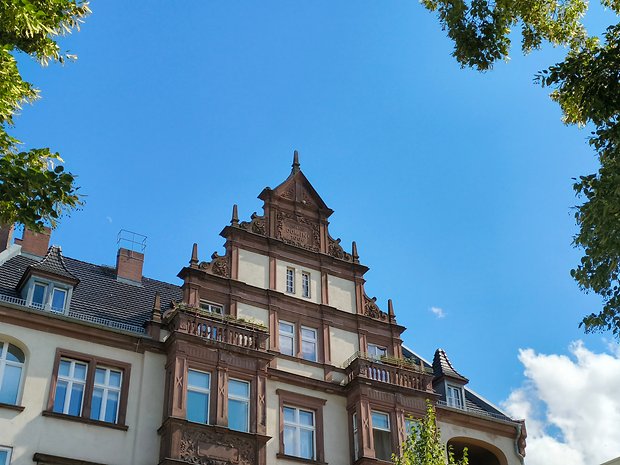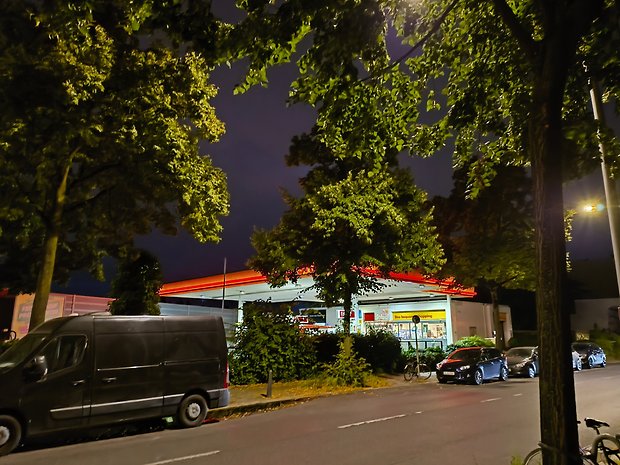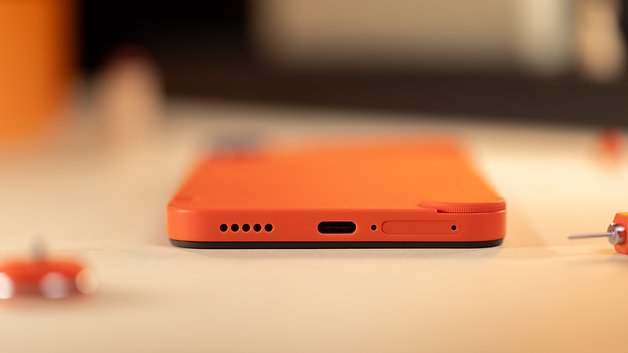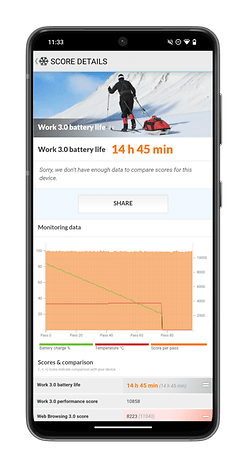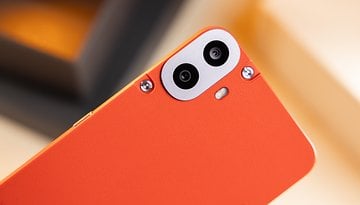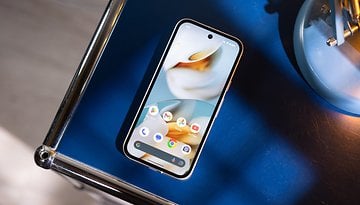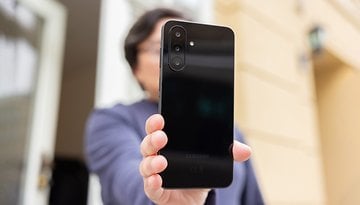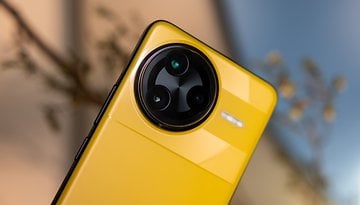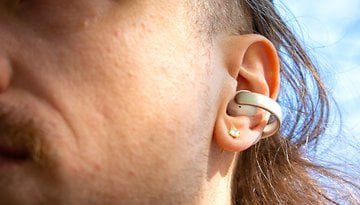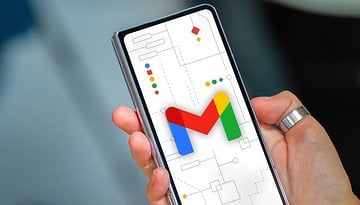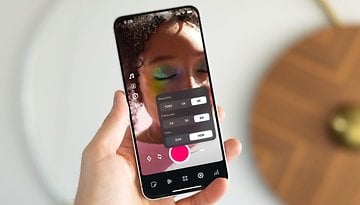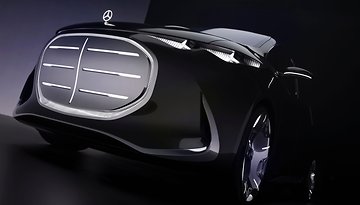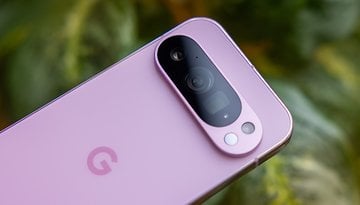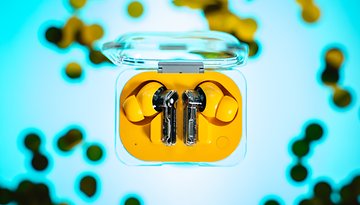Nothing CMF Phone 1 Review: Affordable yet Unique
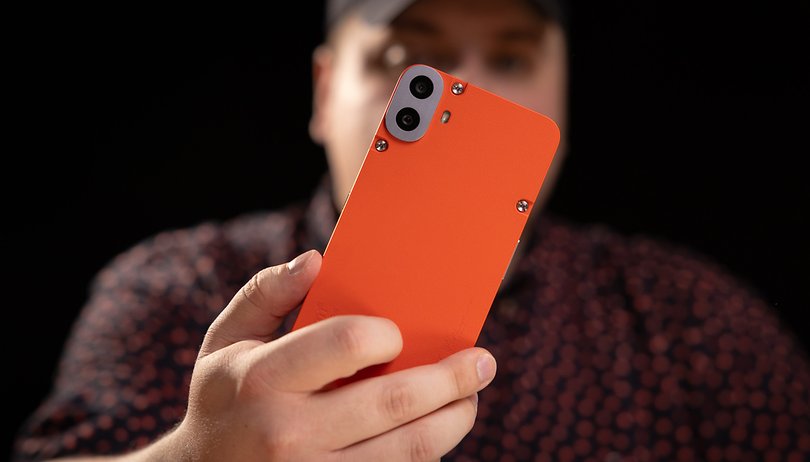

The Nothing CMF Phone 1 is a rather unique sub-$300 smartphone. Its modular design makes it highly customizable in a market where all smartphones look alike. However, is this unique look just window-dressing to compensate its limited technical specifications? I'll let you know in this full Nothing CMF Phone 1 review.
Good
- Unique design
- Excellent battery life
- Bloatware-free Nothing OS 2.6
- Smooth 120 Hz AMOLED screen
- Very decent performance
Bad
- Only 3 years of updates
- Disappointing camera performance
- Slow wired charging
- No NFC support
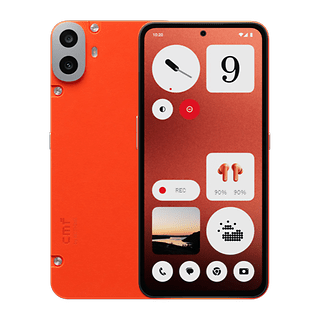
The Nothing CMF Phone 1 in a nutshell
The Nothing CMF Phone 1 was officially unveiled on July 12, 2024. It is available via CMF's beta program on the CMF store*. It comes in two configurations outside of the US (8/128 GB and 8/256 GB), although only the 8GB RAM + 128GB model is available Stateside with an asking price of $199. This can be considered a slightly inferior alternative to the Nothing Phone (2a) (review).
Just in case you were wondering, CMF is a sub-brand of Nothing. It mainly targets emerging markets such as India and Southeast Asia. The concept is to sell affordable products with a strong emphasis on design. Nothing doesn't communicate much about this CMF range in Europe or the US. However, you can still pick up CMF products if you want to. Nothing seems to take more responsibility for its sub-brand, which also includes a smartwatch and wireless headphones.
Design and screen
Design is the main selling point of the CMF Phone 1. The back features an interchangeable panel and a small knob to attach a variety of accessories.
Pros:
- Unique design.
- Cool modular or "interchangeable" concept.
- Flat screen with fairly thin bezels.
- 120 Hz refresh rate and adequate brightness.
Cons:
- Only IP52 certification.
- No Gorilla Glass protection for the screen.
- Expensive accessories and back panels considering the smartphone's price.
Cool modular design
While the transparent back found on other Nothing smartphones is missing here, the CMF Phone 1's back panel can be unscrewed for you to swap it with different colored panels of various materials. Nothing offers four colors to the discerning customer: black, green, blue, and orange. Of course, additional panels can be purchased separately.
The method to remove the back panel of the CMF Phone 1 is far from simple. I was often afraid of breaking the smartphone when trying to unclip it. I also had a bit of trouble removing the screws that secured the plate using the included tool. It was far too small for my fat fingers.
The matte plastic coating on the black and green panels was nice to touch and so was the faux-leather coating on the orange and blue versions. They cost $35 a pop which I think is a bit steep.
The back of the CMF Phone 1 also sports a small circular button on the bottom right known as the Accessory Point. By unscrewing the panel, you can attach specially designed accessories for the smartphone. Nothing offers a stand, a lanyard, and a card case. Each accessory is sold separately and costs $25.
It's clever and appeals to my collector's habit of snapping up all the accessories and covers. It also appeals to my penchant for Lego as I can "build" my smartphone according to my preferences. The accessories themselves are very easy to install. Apart from the card case, none of them require any tools to install.
- Here's our full tutorial on how to disassemble the CMF Phone 1 and install its accessories.
Apart from that, the CMF Phone 1 is IP52-certified for water and dust resistance. That's not crazy but at least this certification is still valid when the smartphone's back panel is removed.
A plain 120 Hz AMOLED screen
As for the screen, it's a 6.67-inch AMOLED panel with 1800 x 2400 pixel resolution. The refresh rate stands at 120 Hz with a typical brightness of 500 to 700 nits, rising to 2,000 nits peak brightness.
The CMF Phone 1's screen is flat, and Nothing didn't want to spend too much on Corning's Gorilla Glass license. However, the CMF Phone 1's screen is protected by Dragontail Pro Glass, whose strength is said to be equivalent to that of Gorilla Glass 5.
I didn't run into any problems when reading content on the screen with its decent brightness level. However, the automatic brightness was far too slow to react to my surroundings, resulting in me deactivating it during my review. As for the refresh rate, 120 Hz isn't outstanding in this price range although it is nice to have.
I found the bezels of the CMF Phone 1's screen to be rather thin. The chin of the screen is a little too prominent, creating an asymmetrical situation that bothers me visually.
Interface and OS
The CMF Phone 1 inaugurates Nothing OS 2.6, a skin based on Android 14. There are no major new features compared to Nothing OS 2.5 but Nothing's skin offers a very good balance between stock Android with a few functions and customization elements. As for the software update policy, it's pretty much average.
Pros:
- Clean, bloatware-free interface.
- Nothing widgets are visually appealing.
Cons:
- Average software update policy.
- Not much that is new in Nothing OS 2.6.
There's not much to say about Nothing OS 2.6. You can read my Nothing OS 2.5 review and my guide to the best Nothing OS 2.5 features to find out more.
The manufacturer simply added two new widgets here. One for today's date and another for "community" that I haven't found. There's also the excellent camera widget that lets you save precise camera settings which can be activated by default when you launch the camera application via this widget.
The CMF Phone 1 will receive 2 major Android updates and three years of security updates. Even for a mid-range smartphone, that's pretty average. Basically, it's the bare minimum a manufacturer should provide.
The big plus point of Nothing OS is the absence of bloatware. The interface implements all Android functions while offering a few customization options from Nothing.
Performance and SoC
The Nothing CMF Phone 1 is powered by a MediaTek Dimensity 7300 SoC. The smartphone is also equipped with 8 GB of RAM and 128 or 256 GB of storage, depending on the model and region. I was pleasantly surprised by the smartphone's performance.
Pros:
- Good temperature control and stability.
- Sufficient performance for most games at 30 FPS.
Cons:
- Less powerful than Dimensity 7200-powered Nothing Phone (2a).
- No NFC support.
The Dimensity 7300 in CMF Phone 1 should, in theory, outperform the Dimensity 7200 Pro that powers the Nothing Phone (2a). Both chips rely on the 4 nm manufacturing process. However, the Dimensity 7300, or more precisely its main core, has a lower clock speed than the Dimensity 7200 Pro.
- All you need to know about smartphone SoCs
Benchmarks showed it to be significantly less powerful than the Nothing Phone (2a). This is logical by itself as the Nothing Phone (2a) is $150 more expensive at launch and Nothing surely wants to maintain a distinction between its main range and its CMF sub-range.
In any case, the CMF Phone 1 proved to be just as effective as the Phone (2a) in terms of temperature control and stability. All the mobile games I ran with their graphics quality set to "medium" by default did not experience any hiccups. At 30 FPS, I didn't notice any dropped frames. However, that's as far as it goes as cranking things up to 60 FPS resulted in a less stable experience.
| Nothing CMF Phone 1 (Dimensity 7300) |
Nothing Phone (2a) (Dimensity 7200 Pro) |
|
|---|---|---|
| 3D Mark Wild Life | 3,115 | 4,129 |
| 3D Mark Wild Life Stress Test |
Best loop: 3,118 Worst loop: 3,099 |
Best loop: 4,131 Worst loop: 4,085 |
| 3D Mark Wild Life Extreme Stress Test |
Best loop: 853 Worst loop: 848 |
Best loop: 1,153 Worst loop: 1,148 |
| Geekbench 6 | Single: 1,041 Multi: 2,915 |
Single: 1,148 Multi: 2,589 |
Photo and video quality
A single camera lens is all you get with the CMF Phone 1. The smartphone features a 50 MP sensor behind while the second lens is purely a depth sensor for portraits. The selfie camera has a 16 MP resolution.
Pros:
- Decent daytime photos.
- Average selfie shots.
- Portrait mode is acceptable.
Cons:
- Only one camera lens.
- Limited digital zoom performance.
- Disappointing night photos.
Main lens performance
The 50 MP main lens incorporates a Sony IMX882 sensor which is evidently not a high-end photo sensor. The default resolution is 12.5 MP, achieved via pixel binning. It is also possible to capture full-resolution 50 MP photos.
During the day and under the right conditions, photo quality is decent. Colors are natural and the dynamic range is well-managed. However, the level of detail is far from top-notch. Some areas at the edge of the photo remain a pixelated mess.
The CMF Phone 1 incorporates a second lens which is a simple 2 MP depth sensor for portraits.
Portrait mode shots are decent with clean clipping. Subject detection in the foreground is fairly reliable but it does not blow us out of the water.
Zoom quality
The CMF Phone 1 has no telephoto lens and the digital zoom can achieve up to 10x magnification.
All shots taken beyond the 2x zoom level will end up disappointing. Such photos will lose all their sharpness because the smartphone's algorithm will limit image noise by smoothening the image. As a result, a great deal of detail is lost.
Selfie quality
The 16 MP selfie camera is also rather ordinary. The skin on my face lacked a little texture but my complexion remained natural. Detail and dynamic range left something to be desired without much to crow about, but neither is it outstanding in any way.
Night shots
It's always at night that you realize you've got a cheap smartphone in your hands. I didn't like any of the photos I took at night with the CMF Phone 1.
All the colors are over-emphasized, especially the sky. Scenes are unrealistic, over-lit, and the loss of detail due to low light conditions become even more noticeable. On the other hand, the CMF Phone 1 handled strong light sources well, effectively limiting the lens flare effect.
When it comes to videos, the CMF Phone 1 can record up to 4K at 30 FPS with its main lens.
Battery and recharging
The Nothing CMF Phone 1 features a 5,000 mAh battery and wired charging up to 33 watts. Wireless charging is not supported nor is there a charger included with your purchase.
Pros:
- Large battery capacity.
- Excellent battery life.
Cons:
- Slow charging speed.
- No charger included.
A 5,000 mAh battery is pretty standard in a sub-$300 Android smartphone. Charging at 33 watts is also rather common for a manufacturer with no proprietary fast-charging protocol.
In our battery life benchmark, the CMF Phone 1 lasted 14 hours and 45 minutes before hitting less than 20% battery life. This is an excellent score. In real-life use and with an average screen time of 3 hours, I was able to last two days without any problem before needing to recharge the smartphone.
However, recharging was relatively glacial. This becomes stark when you compare it to the host of Redmi models in this price range. It took me over 1h 30m to fully recharge. That's slow by today's standards and the CMF Phone 1 also does not support wireless charging. If you're looking for a bundled charger upon unboxing, you can forget about that.
| Charging time | Nothing CMF Phone 1 5,000 mAh | Ugreen 140 W charger |
|---|---|
| 5 min. |
|
| 10 min |
|
| 20 min |
|
| 30 min |
|
| 1 hour |
|
| Full charge |
|
Technical specifications
| Technical specifications | |
|---|---|
| Device | Nothing CMF Phone 1 |
| Image | 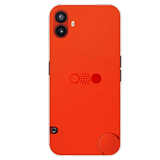 |
| Screen |
|
| SoC | MediaTek Dimensity 7300 5G |
| Memory |
|
| OS |
|
| Photo module |
|
| Selfie | 16 MP selfie |
| Battery |
|
| Connectivity | 5G | Wi-Fi 6 | Bluetooth 5.3 | No NFC |
| IP certification | IP52 |
| Dimensions and weight | 164 × 82 × 8 mm, 202 g |
Conclusion
Would I recommend the CMF Phone 1 for $199? Yes!
The CMF Phone 1 does some things very well. The design is unique, and no other manufacturer offers such a polished look. Battery life is excellent. Screen quality and performance are also very good for this price range.
However, the CMF Phone 1 is not the best smartphone for anyone with a $300 budget. The camera lacks versatility while the IP52 rating is somewhat disappointing. The 3-year security update period isn't very reassuring and the absence of NFC is hard to understand in this price range.
We have more powerful models from Poco and more versatile camera models from Samsung. The Nothing Phone (2a) can also be found for around $349 for its 8/128 GB model, which boasts a far cooler form factor with its Glyph interface and superior cameras, better IP rating, and a faster charging speed.
The CMF Phone 1 is basically relegated to the realm of affordable smartphones. These models pull out all the stops on one or two key elements. They make heavy compromises on the rest. Xiaomi/Redmi focuses on fast charging and performance. Samsung focuses on its camera performance and software updates. CMF's focus is on the design. You can tell from the "Color, Material, Finish" name, and it cannot be faulted by sticking to its identity.
So no, the CMF Phone 1's design isn't just window-dressing to hide its imperfections but remains its primary, best-selling point.
What do you think of the Nothing CMF Phone 1 after this comprehensive review? Do you intend to buy Nothing's affordable smartphone?
